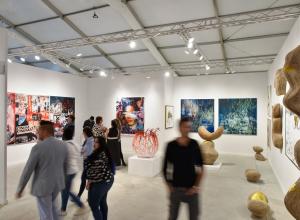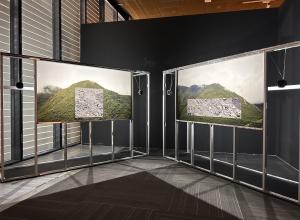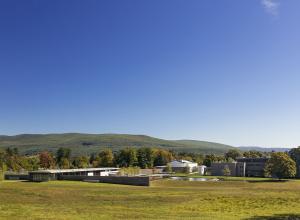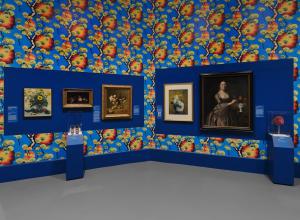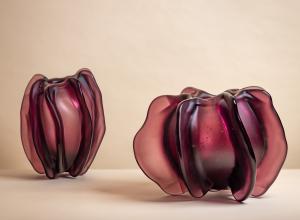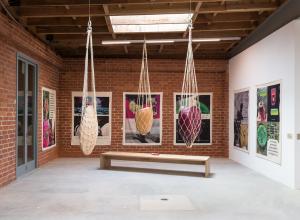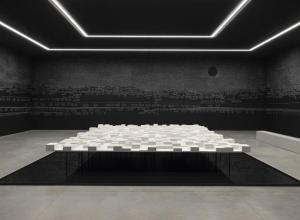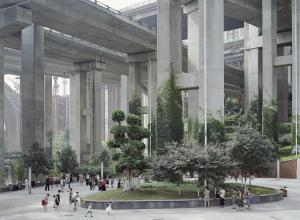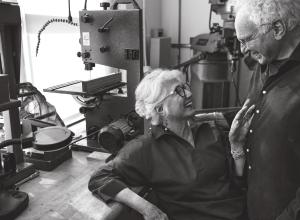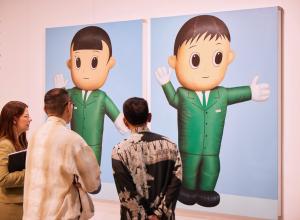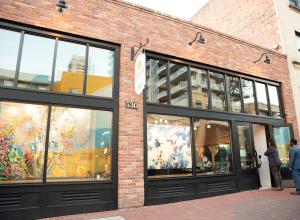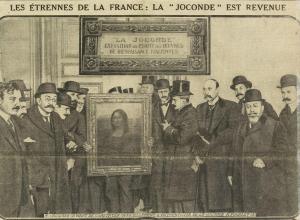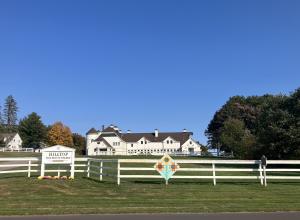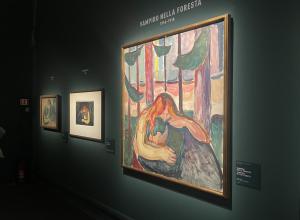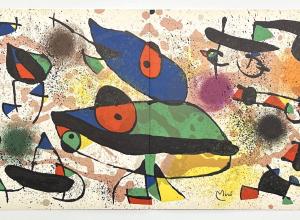In the lead-up to the Whitney Biennial 2019, The Whitney visited five artists in their studios to learn more about their work. The second episode of the series features Tomashi Jackson in her studio in Brooklyn, New York, and in Central Park in Manhattan. Her densely layered abstractions feature found materials—paper bags, food wrappers, vinyl insulation strips, and storefront awnings—from a wide range of sources, incorporating art-historical, legal, and social histories. Her works in the 2019 Biennial seek to visualize stories of dispossession and displacement in New York City, particularly of Black and Brown communities. She draws on the stories of Seneca Village, the Black community that was razed in the 1850s to make way for Central Park, and the city's current-day Third Party Transfer Program, which targets paid-for properties in rapidly gentrifying communities across New York, transferring ownership from elderly Black and Brown property owners to developers. Interweaving these narratives visually and challenging the ways in which we see information, Jackson creates dynamic works of clashing complementary hues.




